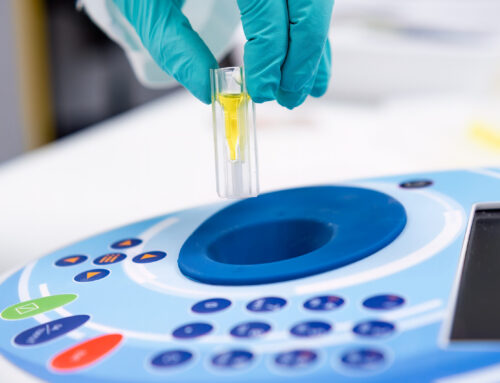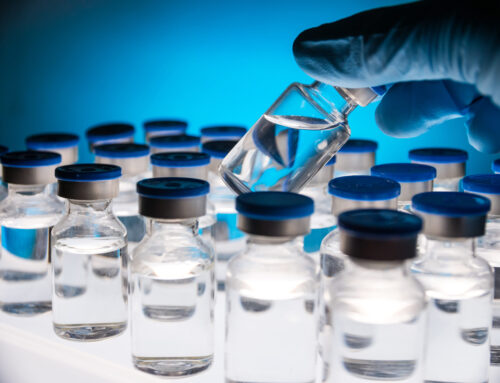Post-Treatment Biomarker Testing for Breast Cancer Survivors
Empowering Recovery. Supporting Prevention.
1. Tumor Surveillance / Recurrence Monitoring
These biomarkers may help monitor for early signs of recurrence or treatment response.
- Circulating Tumor DNA (ctDNA) – Detects minimal residual disease.
- Circulating Tumor Cells (CTCs) – May indicate recurrence risk.
- CA 15-3 and CA 27.29 – Limited sensitivity but sometimes used in follow-up.
- CEA – Monitored if elevated at baseline or in metastatic cases.
2. Hormone & Endocrine Status
Especially important if hormone receptor-positive or on endocrine therapy.
- Estradiol (E2), Progesterone, Testosterone (Total & Free)
- FSH / LH – Clarifies menopausal status in younger women.
- Thyroid Panel (TSH, Free T3, Free T4, TPO antibodies)
- Cortisol (AM) and DHEA-S – Assesses adrenal function.
3. Cardiovascular Risk & Inflammation
Breast cancer survivors may face elevated heart disease risk.
- Lipid Panel (HDL, LDL, Triglycerides, Total Cholesterol)
- ApoB, ApoA1, Lp(a), LDL particle size – Advanced lipid testing
- High-Sensitivity CRP (hs-CRP) – Inflammation marker
- Homocysteine, Fibrinogen – Vascular health markers
- NT-proBNP or Troponin – If there was potential cardiotoxicity
4. Bone Health Monitoring
Aromatase inhibitors and menopause increase fracture risk.
- Vitamin D (25(OH)D)
- Calcium, Magnesium, Phosphate
- PTH (Parathyroid Hormone)
- Bone Turnover Markers – NTx, CTx, Osteocalcin
5. Metabolic Health & Insulin Resistance
- Fasting Insulin & Fasting Glucose
- HbA1c
- HOMA-IR – Calculated from glucose & insulin
- Triglyceride-to-HDL Ratio – Simple metabolic marker
6. Nutrient & Detoxification Support
- B Vitamins (B6, B12, Folate, MMA)
- CoQ10, Carnitine (Free & Total)
- Zinc, Selenium, Magnesium (RBC)
- Liver Function Panel (ALT, AST, ALP, GGT, Bilirubin)
- Glutathione (GSH) – if available
Tip: Bring this checklist to your next wellness or survivorship visit to discuss personalized monitoring based on your treatment history, risk level, and health goals.
Consult your oncology or primary care provider before making changes to your testing or supplement regimen.





